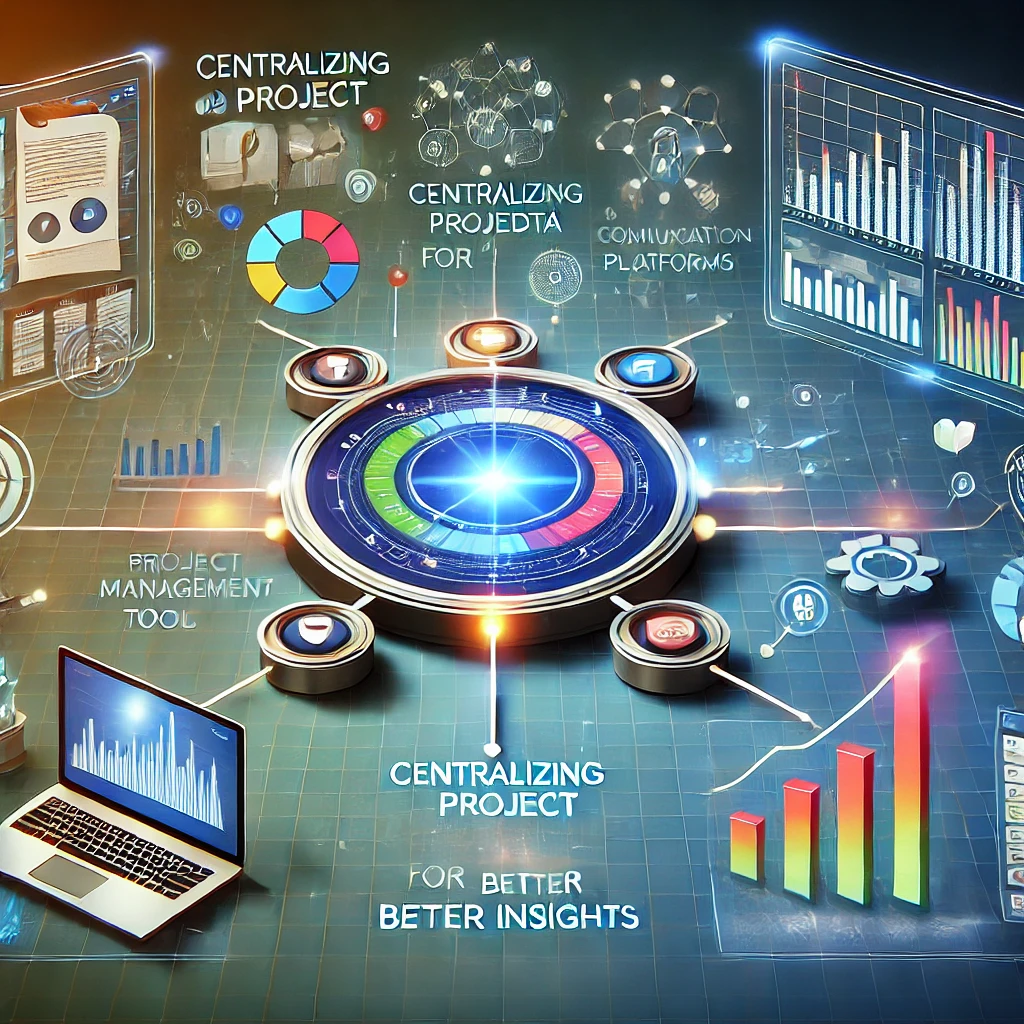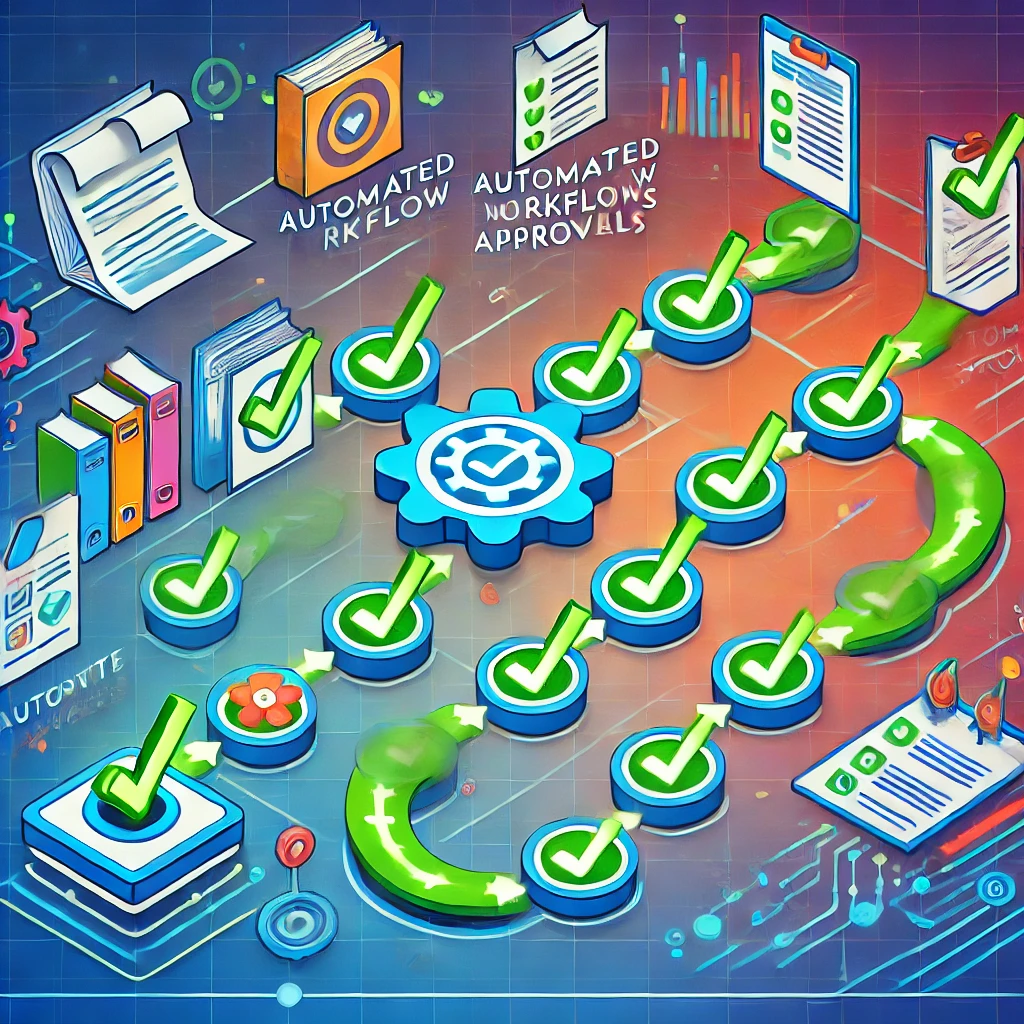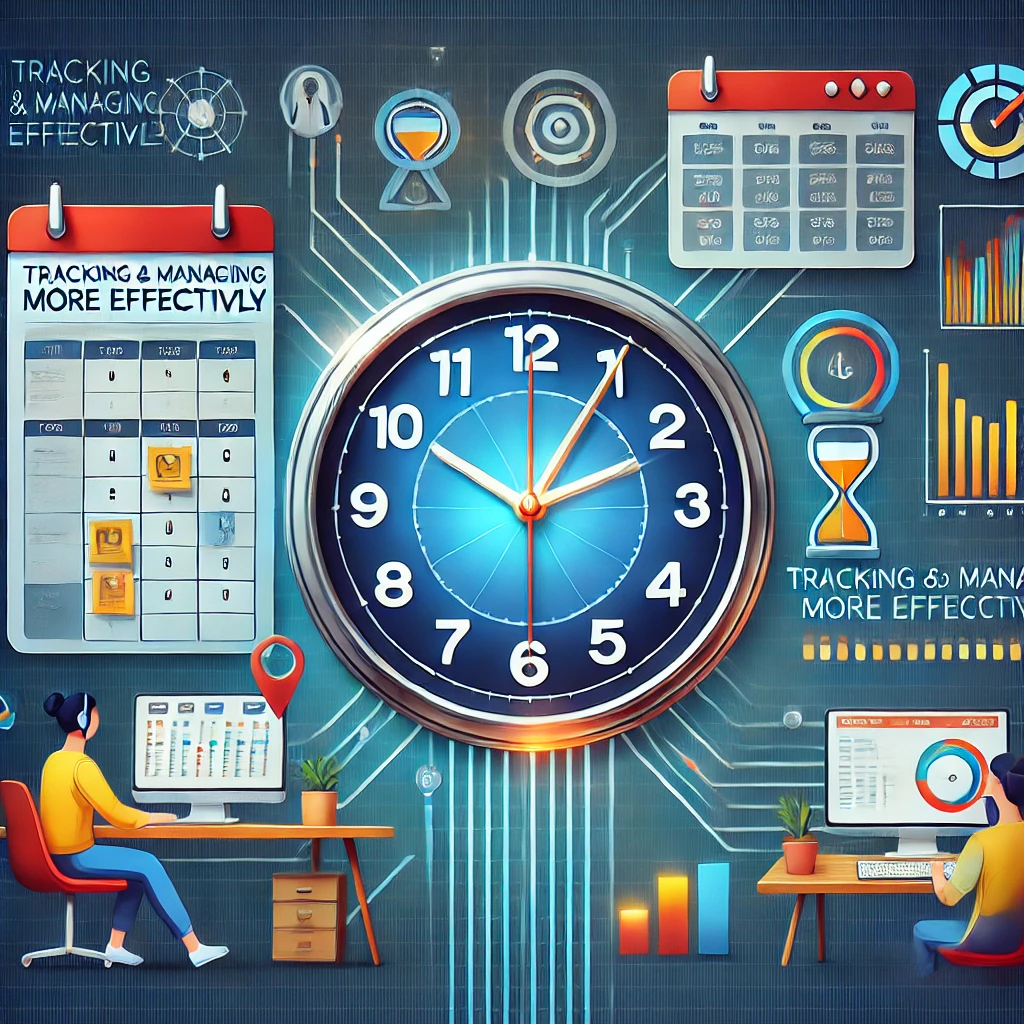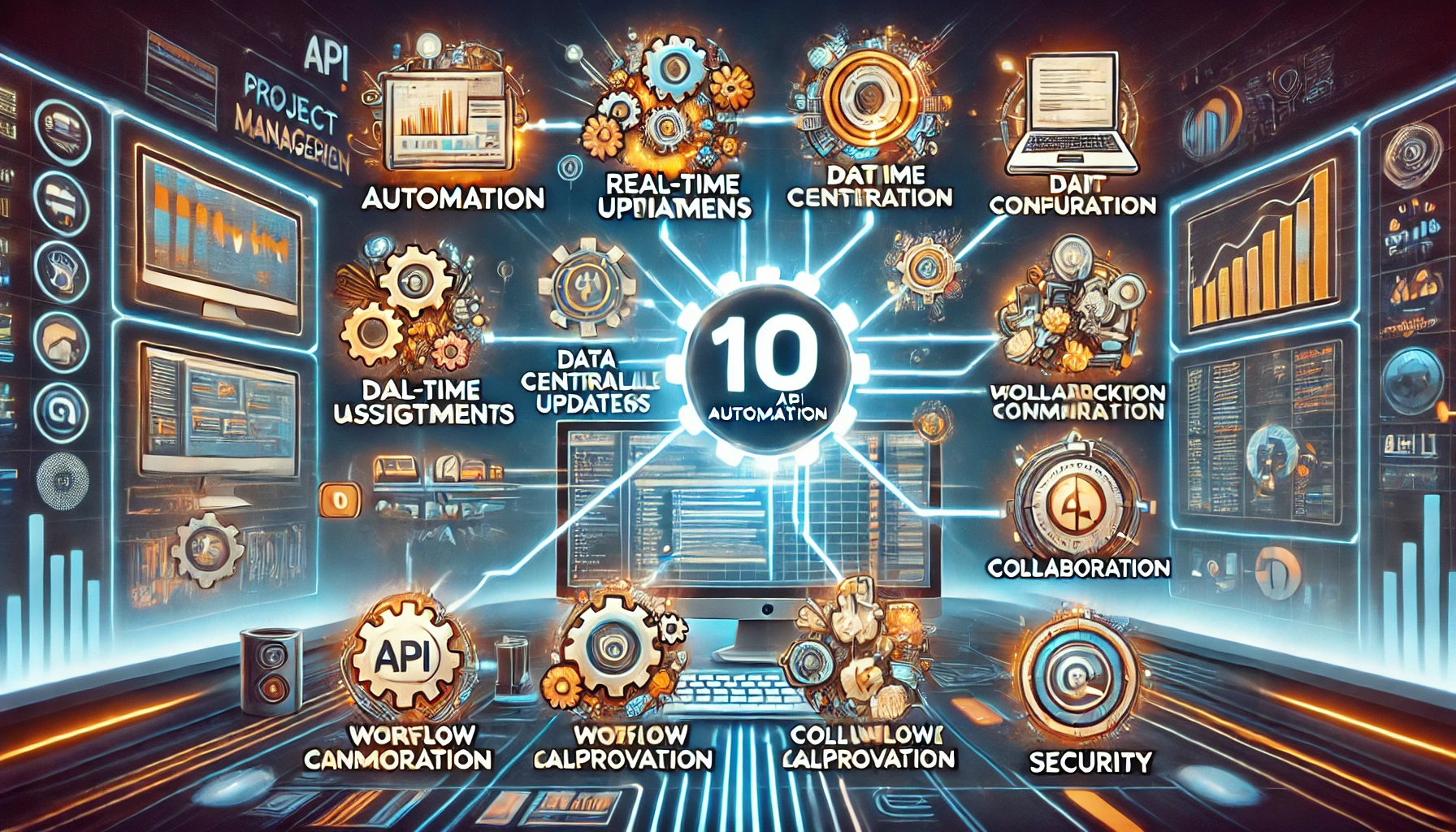API automation is transforming the way we approach project management, offering a game-changing solution to the complexities of modern workflows. Whether you’re managing a small project or overseeing large-scale operations, the endless back-and-forth between tools, platforms, and team members can slow down progress and increase the chances of errors. But what if you could automate many of these processes, allowing your team to focus on what truly matters—delivering results?
In today’s competitive landscape, businesses that embrace API automation can supercharge their project management processes by eliminating manual tasks, fostering real-time collaboration, and centralizing data. Imagine tasks being assigned automatically, reports generated in real time, and client updates sent without lifting a finger. This isn’t the future of project management—it’s happening now, and it’s time to get on board.
Ready to streamline your workflows and increase efficiency? Let’s explore how API automation can unlock new levels of productivity for your project management.
Table of Contents
1. Automating Task Assignments: Delegate Without the Hassle
Gone are the days when project managers had to manually assign tasks to team members. With API automation, you can sync your project management tools with communication platforms like Slack or Microsoft Teams. For instance, when a task is created in a tool like Asana or Jira, it can automatically notify team members on Slack, eliminating the need to manually follow up.
Additionally, you can automate repetitive tasks. If certain types of projects require the same set of actions or milestones, API automation can trigger those actions without delay. This boosts productivity and ensures that no task is left unattended.
2. Real-Time Updates Across Multiple Platforms

A major challenge in project management is keeping everyone updated, especially when multiple teams are working across different platforms. With API automation, real-time updates are pushed across systems. For instance, if a deadline is updated in your project management software, APIs can ensure the change reflects in your calendar, email, and task management systems instantly.
By integrating APIs, updates are delivered across your ecosystem with minimal effort. This real-time synchronization keeps all stakeholders informed and minimizes delays caused by miscommunication.
To dive deeper into API integration on the Asana platform, check out our blog post:
https://smplfy.co/automating-task-management-in-asana-with-api-integration/ and to learn about API integration in the platform Monday.com you can read our blog post: https://smplfy.co/4-powerful-ways-to-connect-monday-com-with-other-tools-via-api-for-seamless-automation/

3. Centralizing Project Data for Better Insights
When data is spread across various tools, gathering insights becomes a tedious task. API automation enables you to centralize data from multiple platforms into a single reporting system. Whether you’re tracking progress, budgeting, or resource allocation, APIs allow you to pull data from systems like Trello, ClickUp, and Google Sheets into a unified dashboard.
This centralized view provides better insights and allows project managers to make data-driven decisions without having to navigate through multiple applications. With automation in place, reports can be generated in real time, offering instant clarity on project health.

4. Automating Client Communication and Reporting
API automation extends beyond internal team management—it can streamline client communications too. For example, with the right API integration, progress reports can be automatically generated and sent to clients. Instead of manually creating a status update, you can have APIs pull the latest data from your project tools and compile them into a preformatted report template.
This not only saves time but also ensures accuracy. Clients will appreciate the timely updates, and project managers can focus on strategic decisions rather than administrative tasks.

5. Reducing Manual Data Entry
Manual data entry is one of the most time-consuming aspects of project management. API automation eliminates the need for it by enabling systems to communicate directly with each other. For instance, APIs can transfer data between time-tracking tools and billing software, ensuring that hours worked are automatically reflected in invoices.
This seamless integration removes the possibility of human error and frees up your team’s time to focus on more high-value activities. The reduction in manual entry leads to more accurate records and faster execution of tasks.

6. Integrating Tools for Seamless Collaboration
Project management often requires juggling multiple tools—like Slack for communication, Asana for task tracking, and Zoom for meetings. APIs can automate communication between these tools, enabling seamless collaboration. For example, when a meeting is scheduled in Google Calendar, APIs can automatically generate a Zoom link and send invites to participants.
The automation between collaborative tools ensures that team members are always on the same page, reducing the chances of miscommunication and overlapping efforts. The integration allows your team to work cohesively, no matter where they are or what tools they use.

7. Automating Workflow Approvals
Approval workflows can bottleneck projects if they rely solely on manual interventions. With API automation, you can streamline approvals, ensuring that each step of the workflow is automatically triggered once the previous one is completed. For example, when a design is submitted in a tool like Figma, an API can automatically notify a manager for approval, and upon approval, the next phase is triggered without any additional input.
This automatic transition between phases reduces delays and ensures smoother workflow progression. Your team can maintain momentum, knowing that approvals are handled quickly and efficiently.

8. Tracking and Managing Time More Effectively
Accurate time tracking is essential for effective project management. API automation enables you to integrate time-tracking tools with your project management software, ensuring that logged hours automatically reflect in project timelines and budgets. This data can then be analyzed to identify bottlenecks, optimize resource allocation, and ensure that projects remain on schedule.
Through API automation, time management becomes less of a burden and more of a precise, automated process that supports better project outcomes.

9. Boosting Resource Allocation Efficiency
When managing large projects, keeping track of resource availability is crucial. API automation allows for real-time tracking of resources like team capacity, budget allocations, and material availability. By integrating resource management tools with project platforms, managers can quickly assess resource usage and adjust as needed.
The ability to automatically sync and update resource allocation helps in making quick, informed decisions, ensuring that the project remains well-staffed and properly funded.

10. Enhancing Security and Compliance
Project management often involves sensitive data, whether it’s financial information, client contracts, or internal communications. API automation can help enforce security protocols by ensuring compliance across systems. For instance, if a document requires encryption or needs to be stored in a specific location due to regulatory requirements, APIs can automatically enforce these rules.
By automating compliance tasks, you minimize the risk of breaches and ensure that all data handling processes meet security standards without relying on manual oversight.

Explore the Future of API Automation for Your Projects
API automation is reshaping how we approach project management, from automating repetitive tasks to enhancing communication across platforms. By leveraging APIs, your organization can streamline workflows, reduce errors, and achieve higher levels of productivity. The potential for integration is vast, and as new tools and technologies emerge, the capabilities of API automation will only expand.
Embrace this new era of automation, and discover how your project management processes can be transformed by adopting API-driven solutions. Whether you’re managing a small team or overseeing a complex, multi-department project, the benefits of API automation will position you for success.
To read more about the The Future of API Read this article of Medium : https://medium.com/@thehubops/application-programming-interfaces-apis-have-become-an-integral-part-of-modern-software-cb8b1d5324ba


2 Comments